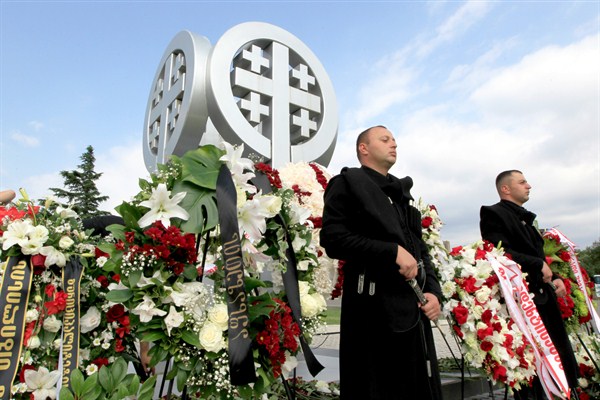With the 10th anniversary of the Global Financial Crisis just around the corner, the media will spend much of the rest of 2018 rehashing the story of the 2008 economic meltdown and its implications for the world today. There will be a surge of opinion pieces pegged to the demise of Lehman Brothers, the pivotal moment in the crisis, in the middle of September. Analysts will chart the near collapse of the global economy and speculate about how this paved the way for the rise of Donald Trump, Brexit and a grab-bag of other global ills.
Fewer pundits will emphasize what 2008 meant for international conflict management. Yet it was also a pivotal year for peacemaking and conflict resolution. Small wars and political disputes from Georgia to the Democratic Republic of Congo, or DRC, highlighted the risk that new conflicts could disrupt the international system. If these outbursts of violence were overshadowed by economic concerns, they nonetheless prefigured the wars of the ensuing decade in the Middle East and Ukraine.
If most observers would agree that the Arab uprisings of 2011 precipitated current geopolitical tensions, the conflicts of 2008 highlighted the existing weaknesses of the international system.

